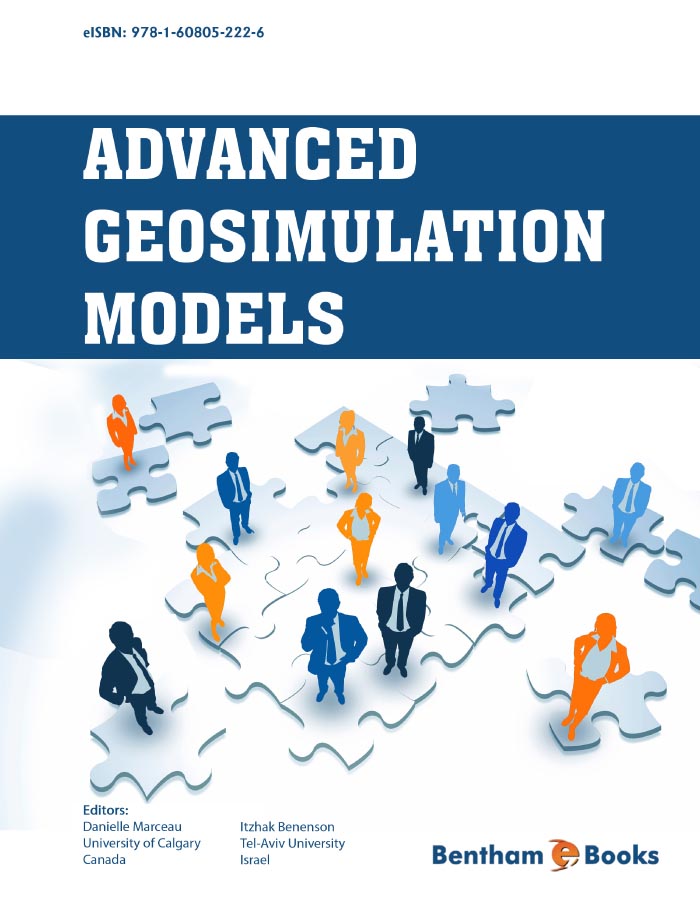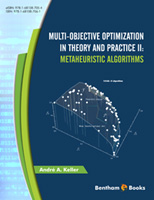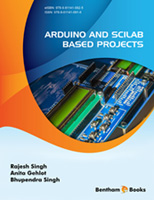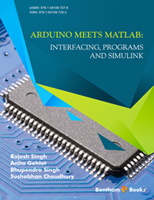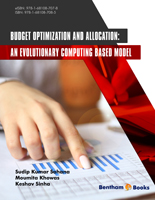Preface
The desire to understand our world and foresee its future is embedded deeply in the human mind. Starting from the 1960s, our forecasts are based on computer simulations. New computing facilities enforce the development of novel methods of scientific inquiry and enable the investigation of problems that only a decade ago were considered overcomplicated.
As part of this computer-based evolution of science, Geosimulation has recently emerged at the intersection of Geographic Information Science, Complex Systems Theory and Computer Science. Geosimulation aims at understanding the dynamics of complex human-driven spatial systems through the use of spatially explicit computer simulation. Geosimulation sees dynamic spatial systems, such as cities, as consisting of, and driven by, the human agents; the system's dynamics becomes, thus, the synergetic output of agents' actions and interactions. Numerous human agents behave in urban space pursuing their goals and the model simulates their spatial, social and economic activities. In this way, Geosimulation model becomes a laboratory for exploring complex human systems and their possible paths of development and evolution.
The perspectives of Geosimulation are defined by the advances in representation of geographic space and analysis of spatio-temporal dynamics of human-driven systems including emergence, path dependence, hierarchy and multi-scale dependency. The approaches and tools for validating Geosimulation models are especially important for understanding their complex and spatially heterogeneous outcomes.
This book originates from a kind invitation of Bentham Science Publishers and their new publication venture of electronic books. The Advanced Geosimulation Models pursues Itzhak Benenson's and Paul Torrens' 2004 book Geosimulation – Automata-Based Modelling of Urban Phenomena in which they defined the field of Geosimulation and provided a thorough assessment of its potential contributions for the urban and related phenomena. Considering the growing influence of Geosimulation on several disciplines, this book aims at presenting to the scientific community the recent conceptual and methodological advances achieved in the field.
The book targets scientists and graduate students working in the fields of Complex Systems Modelling, Geocomputation, GIScience, Geography, Regional Science, Computer Science, Artificial Intelligence, Environment Simulation and Modelling, and Environmental Engineering who are developing geosimulation models and who want to learn about the recent developments in the field. It will also be of interest to practitioners attracted by the potential of Geosimulation for managing complex urban and environmental problems.
We want to thank all of those who have contributed to the realization of this book. We are grateful to all the authors who have responded enthusiastically to the invitation of providing a high-quality manuscript. We deeply appreciate the external reviewers for their constructive comments. Finally we thank the people at Bentham Science Publishers, and, especially, Ms Sara Moqeet, Assistant Manager of the E-books Publications Department, for her patience and support during the production process of this book.

